Being a caregiver is rewarding, but it can also be physically and emotionally demanding — even more so when you are providing 24/7 care. To offer the best care possible, caregivers have to put their loved one’s needs and happiness before their own. Because of this selflessness, caregivers are more likely to develop feelings of anger, loneliness, or sadness. These feelings are warning signs of caregiver depression.
Everyone is entitled to a bad day every now and then; however, depression is a serious and real disorder, causing constant feelings of sadness, hopelessness, and loss of interest in normal activities.
Common Symptoms of Caregiver Depression
- Feelings of hopelessness, emptiness, or sadness
- Anger, irritability, or frustration over seemingly insignificant matters
- Loss of pleasure or interest in normal activities
- Sleep disturbances (e.g., insomnia) or too much sleep
- Excess tiredness, lack of energy
- Changes in appetite
- Anxiety, agitation, or restlessness
- Slowed thinking, speaking, or physical movements
- Feelings of worthlessness or guilt
- Trouble concentrating, thinking, or remembering
- Frequent or reoccurring thoughts of death, suicidal attempts/thoughts, or self-harm
- Unexplained ailments like headaches or back pain
What to do if you have developed caregiver depression
If you are experiencing signs or symptoms of caregiver depression, consider consulting a doctor or mental health provider. Depression is not a weakness and there is no way to “snap out of it.” This disorder can also affect the quality of care you provide to your loved one.
How to help prevent caregiver depression
- Reach out
- Don’t wait until you are already overwhelmed to ask for help. A support network of mental health professionals, friends, and family can help prevent you from feeling depressed or isolated.
- Keep up other relationships
- Caregiving can take away time from other relationships. Try to maintain a healthy balance between caring for your loved one and your personal life outside of caregiving.
- Journal
- Writing in a journal can help improve your mood. Express your feelings – there are no “wrong” feelings to have.
- Take time for yourself
- Participate in activities that are relaxing or fun. Eat a healthy diet and get enough sleep. Regular exercise and meditation are effective stress reducers.
- Stay positive
- Being a caregiver allows you to make a huge difference in the quality of life of the person in your care. Try to keep the positive aspects of caring for your loved one in mind.
For more information, see related articles and resources here:
- Five Acts of Kindness to Support a Family Caregiver
- Recorded Webinar: Coping with Caregiver Depression and Stress
- RAISE Family Caregivers Act: Hope for Burned Out Family Caregivers?
- The Hidden Male Caregiver
- How to Cope with Caregiver Depression
If you think you are depressed, get help and take full advantage of your friends’ and family’s love and support. Below are some helpful related links:
Sources:








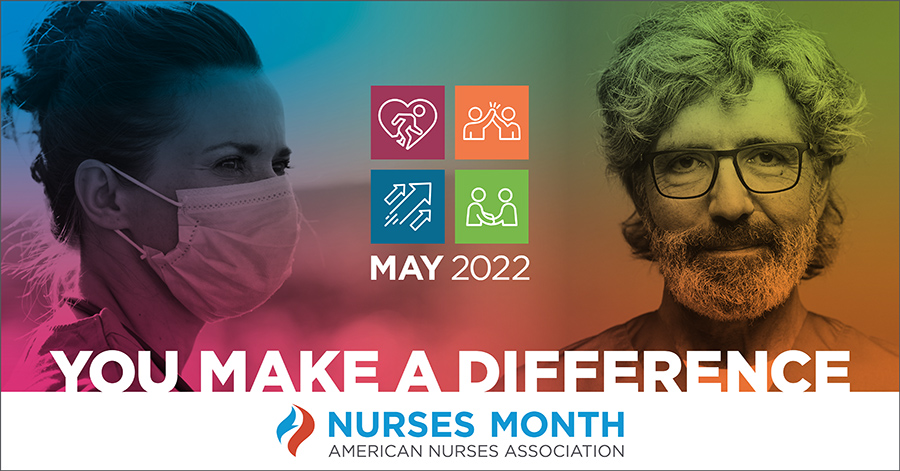

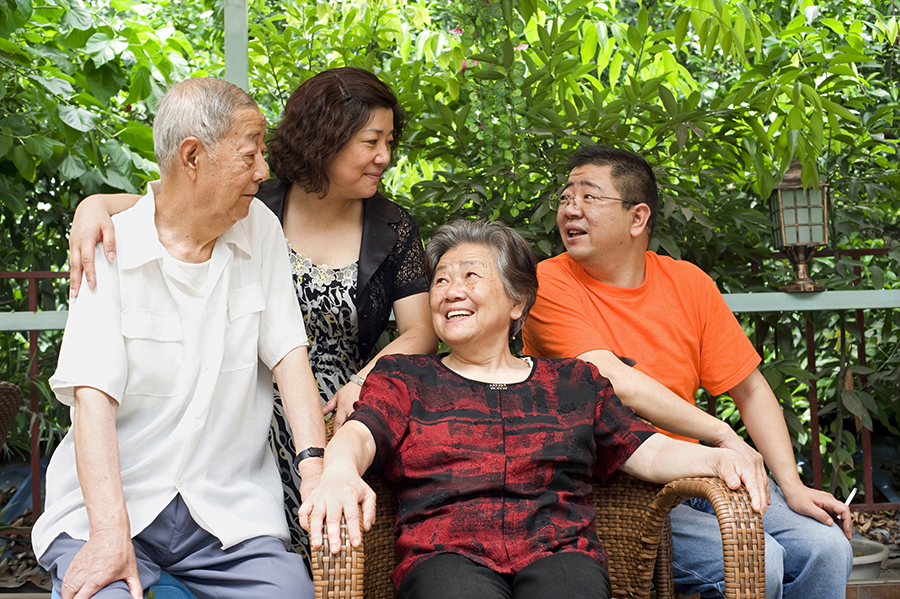
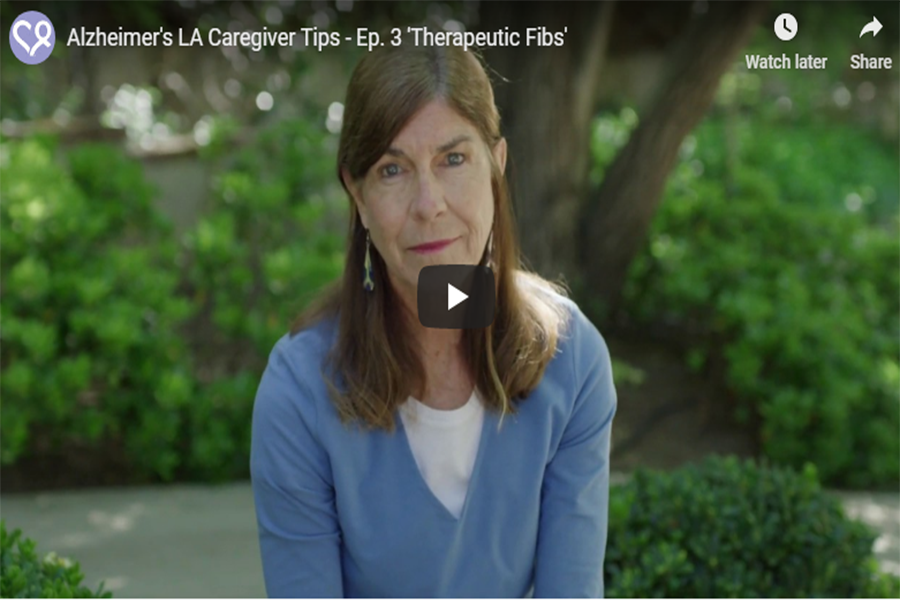

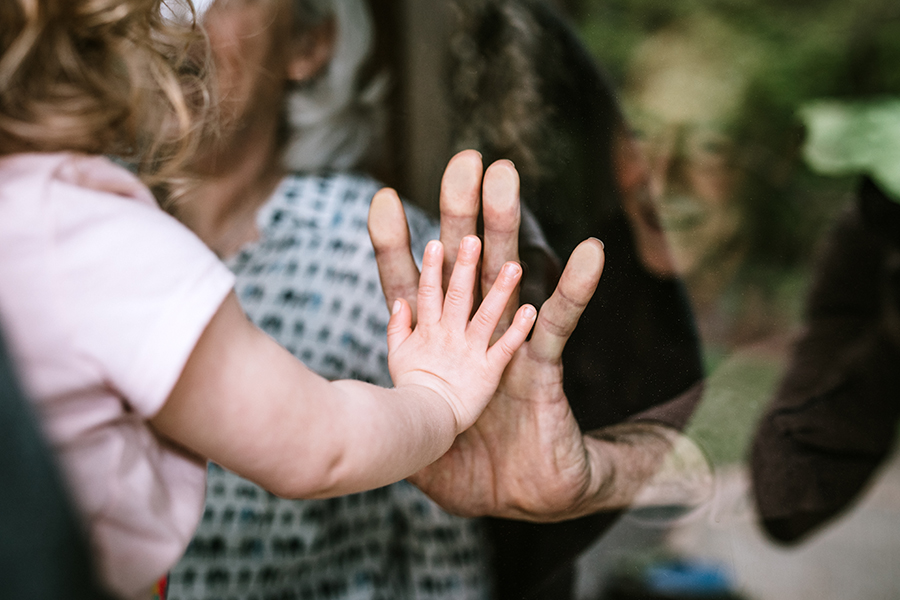



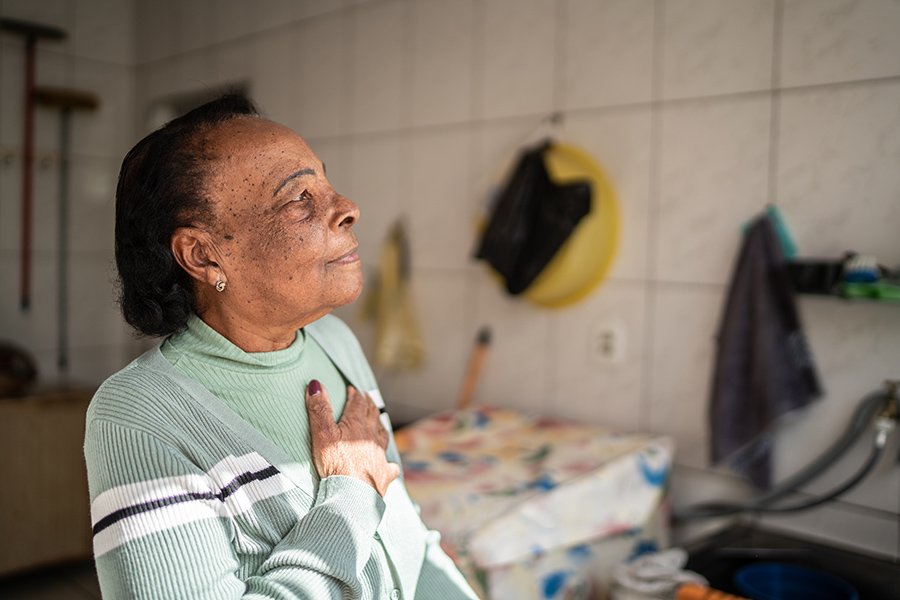




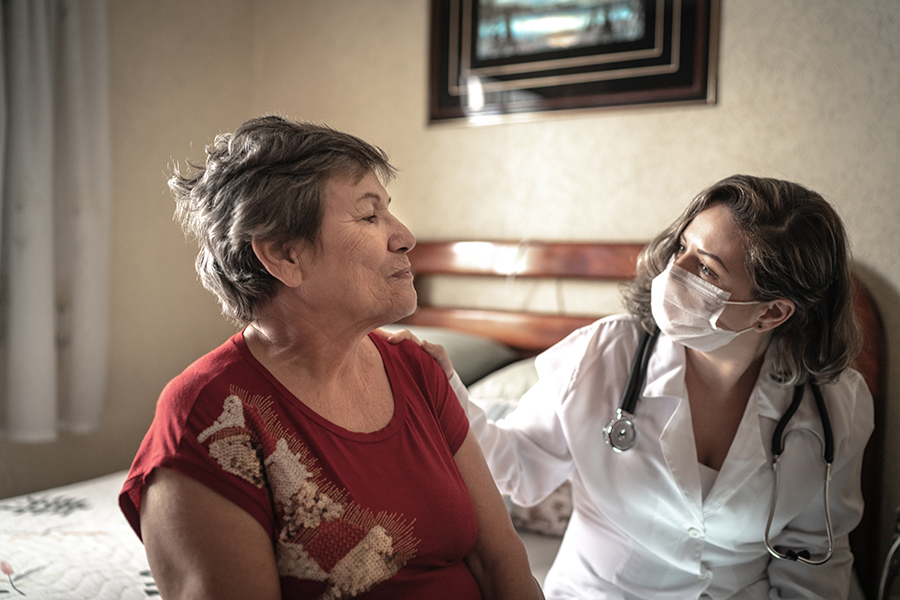
All the suggestions so far are great. I’ve heard them before. Easy to say ” get enough sleep” not so easy to do. After bedtime which is quite physical as regards to my sweet daughter, I’m exhausted and yet want some time before I sleep. It’s hard not to eat ( which can impede sleep) or not watch one more BBC mystery which again, may impede sleep. My neck and back are sore from lifting. Hard to relax to sleep. Then it’s up too soon to get her on her bus. I do see friends and go to ballet, theatre and movies. I’m lucky but usually too tired to want to go and often too tired to fully enjoy. I ‘ll try some more suggestions but often it’s difficult to do anything except push, push and push through another day. I’m open to help. I just am not sure what that looks like.
” Pray for willingness to be willing- to get help, and be open to outcomes of help may not be up to your standards, because nobody can be a caregiver like you, you are unique! “